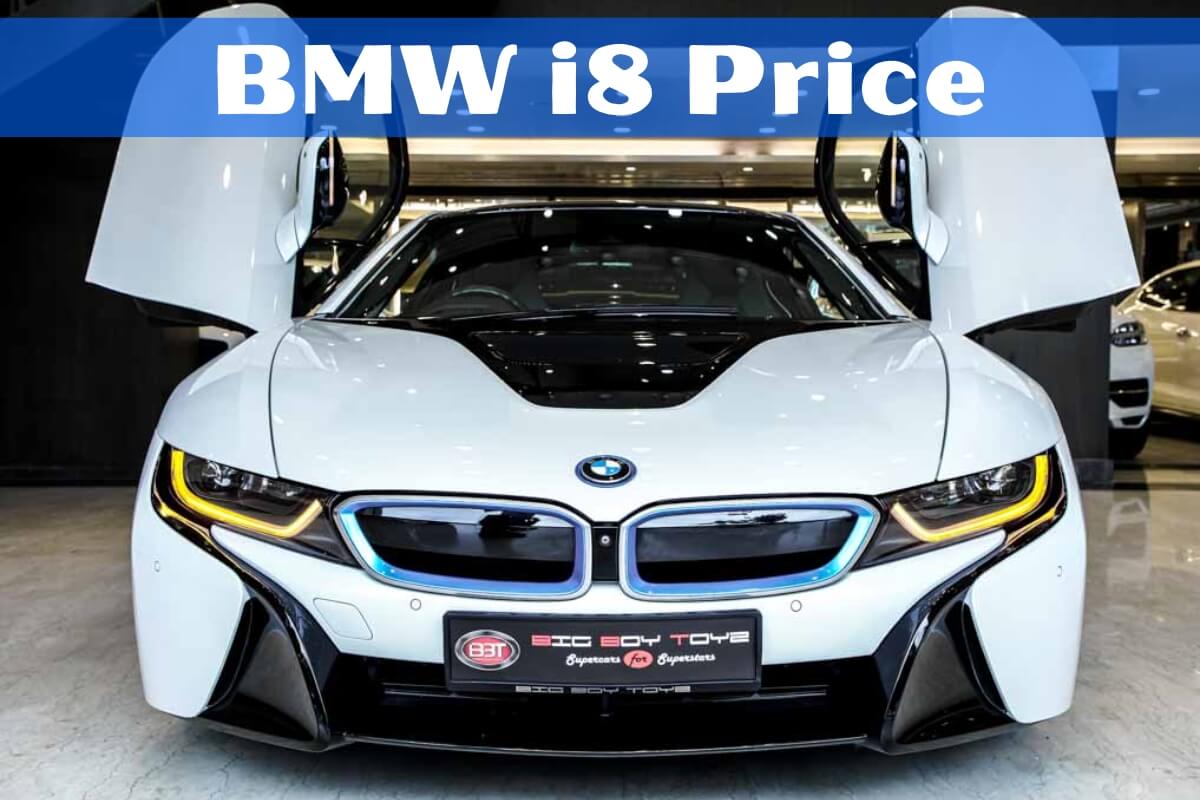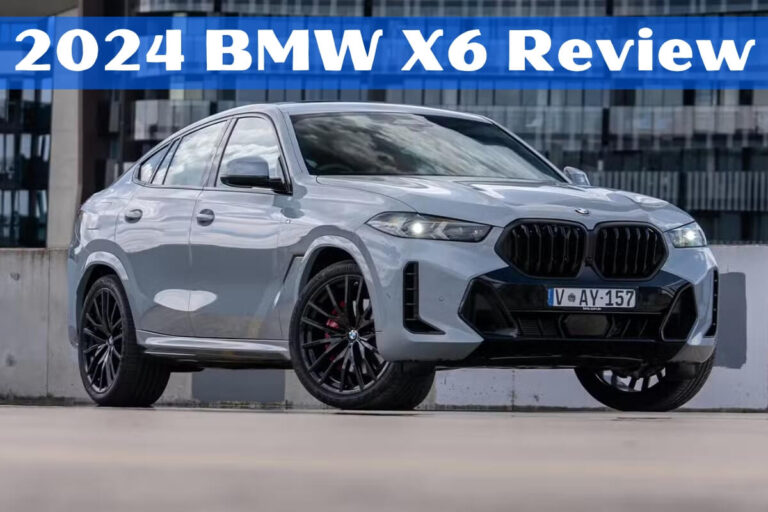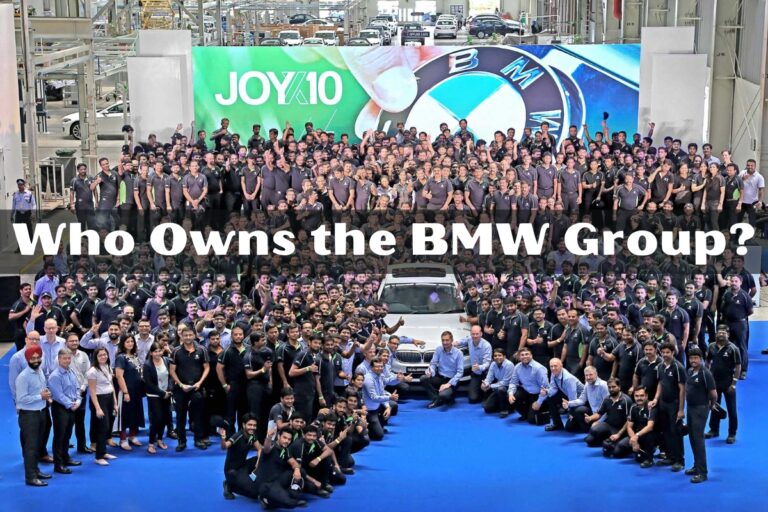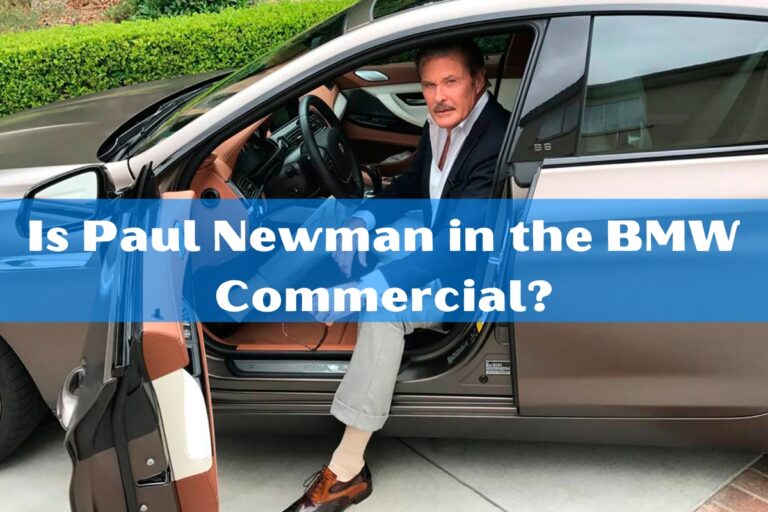BMW i8 Price: In-Depth Guide to Costs and Value

The price of a new BMW i8 can range from roughly $148,000 to $164,000 in the United States based on the latest models. However, prices may vary depending on factors such as location, trims, add-ons, and market conditions.
The BMW i8 is a stunning plug-in hybrid sports car that combines cutting-edge technology, impressive performance, and head-turning design. As one of the most innovative and futuristic vehicles on the market, the i8 comes with a premium price tag. In this comprehensive guide, we’ll dive deep into the pricing details of the BMW i8, covering factors that influence the cost, trim options, pre-owned prices, and more.
We’ll explore:
- The base price of the BMW i8 and how it compares to competitors
- Differences in pricing for the i8 Coupe and i8 Roadster models
- Cost breakdown: Understanding MSRP, destination charges, taxes, and other fees
- Optional packages and upgrades that can impact the overall price
- Potential discounts, incentives, and special offers from BMW
- Pros and cons of buying a brand new vs. used/pre-owned BMW i8
- Tips for getting the best deal on a BMW i8 purchase
So, let’s start unraveling the details behind the price of this remarkable automotive masterpiece.
Understanding the Base Price of the BMW i8
The BMW i8 is a low-volume, high-performance vehicle that demands a premium price point. For the latest 2020 model year (before the i8 was discontinued), the Manufacturer’s Suggested Retail Price (MSRP) for the i8 Coupe started at $148,495, while the i8 Roadster had an MSRP of $164,295.
It’s worth noting that these prices are just the starting point, and the final cost can increase significantly with the addition of optional features, packages, and destination charges.
To put the i8’s pricing into perspective, let’s compare it to some of its closest competitors:
- Acura NSX: Starting MSRP of around $159,000
- Porsche 911 Turbo S Cabriolet: Starting MSRP of around $216,000
- Audi R8 Spyder: Starting MSRP of around $197,000
As you can see, the BMW i8 occupies a unique space in the market, offering a blend of cutting-edge technology, high performance, and exotic car styling at a relatively more accessible price point compared to some of its rivals.
Breaking Down the Cost: MSRP, Destination Charges, and More
While the MSRP provides a good starting point, there are several other factors that contribute to the overall price of a new BMW i8. Let’s break down the various costs involved:
- MSRP (Manufacturer’s Suggested Retail Price): As mentioned earlier, the MSRP for the 2020 BMW i8 Coupe was $148,495, and $164,295 for the i8 Roadster.
- Destination Charge: BMW charges a destination fee (also known as a delivery or handling fee) to cover the cost of transporting the vehicle from the factory to the dealership. For the 2020 i8, this fee was $995.
- Taxes and Registration Fees: Depending on your location, you’ll also need to factor in sales tax, registration fees, and other state-specific charges. These can vary significantly based on where you live.
- Optional Packages and Upgrades: BMW offers several optional packages and upgrades for the i8, which can significantly increase the overall cost. Some popular options include:
- Laser Light Package: Includes BMW Laserlight headlights with selective beam and automatic high beams (around $6,300 extra).
- Halo Interior World Package: Adds ambient lighting, ceramic surrounds, and other interior enhancements (around $3,000 extra).
- Driving Assistant Plus Package: Includes advanced driver assistance features like active cruise control, lane departure warning, and more (around $1,700 extra).
- Dealer Markups and Fees: Some dealers may charge additional fees or markups above the MSRP, especially for high-demand vehicles like the BMW i8. It’s essential to shop around and negotiate to get the best deal possible.
When you factor in all these costs, the final price of a fully-loaded BMW i8 can easily exceed $170,000 or even $180,000 in some cases.
i8 Coupe vs. i8 Roadster: What’s the Difference in Price?
As you may have noticed from the MSRP figures, there is a significant price difference between the BMW i8 Coupe and the i8 Roadster. The Roadster variant, which features a removable roof panel for open-air driving, typically costs around $15,800 more than the Coupe.
This price premium for the i8 Roadster is common among convertible models, as the engineering and construction required to create a sturdy yet lightweight convertible body often adds to the overall cost.
Apart from the price difference, both the i8 Coupe and i8 Roadster share the same hybrid powertrain and performance capabilities. The choice between the two ultimately comes down to personal preference and whether you prioritize the open-air driving experience offered by the Roadster.
Buying a Used or Pre-Owned BMW i8: Potential Savings
While the BMW i8 certainly commands a premium price when brand new, buying a used or pre-owned model can potentially save you a significant amount of money. However, it’s essential to exercise caution and thoroughly inspect the vehicle’s condition, maintenance history, and warranty coverage.
Pre-owned BMW i8 models can be found for prices ranging from around $60,000 to $100,000, depending on factors such as:
- Year and mileage
- Condition (accidents, repairs, etc.)
- Trim level and options
- Seller (dealership vs. private party)
- Location and market demand
It’s worth noting that the i8’s advanced hybrid technology and specialized construction may result in higher maintenance and repair costs compared to conventional vehicles. Therefore, it’s crucial to factor in these potential expenses when considering a used i8.
Additionally, pre-owned i8 models may not qualify for certain incentives or tax credits that were available for new purchases, which could offset some of the upfront savings.
Special Offers, Incentives, and Discounts
Like most automakers, BMW occasionally offers special incentives, discounts, or financing deals to help move inventory and attract new buyers. These offers can vary based on location, time of year, and other factors, but they can potentially help offset some of the costs associated with purchasing a new BMW i8.
Some common incentives to look out for include:
- Cash rebates or bonus cash offers
- Low-interest or zero-percent financing deals
- Special lease offers with attractive monthly payments
- Loyalty discounts for current BMW owners
- College graduate or military discounts
It’s always a good idea to check with your local BMW dealership or browse their website for the latest offers and incentives before making a purchase. These deals can sometimes save you thousands of dollars on the overall cost of a new BMW i8.
Tips for Getting the Best Deal on a BMW i8
Buying a high-end vehicle like the BMW i8 is a significant investment, so it’s essential to do your research and negotiate to get the best possible deal. Here are some tips to help you save money on your i8 purchase:
- Shop Around: Don’t just visit one dealership. Get quotes from multiple BMW dealerships in your area, and even consider expanding your search radius if necessary. This will give you more leverage to negotiate and find the best price.
- Time Your Purchase: Research when the best times are to buy a new car, as dealers often have sales or incentives during certain times of the year to move inventory.
- Consider Pre-Owned: As mentioned earlier, buying a used or certified pre-owned BMW i8 can save you a significant amount of money compared to a brand-new model.
- Negotiate Wisely: Don’t be afraid to negotiate on the price, fees, and interest rates. Come prepared with research and comparable offers from other dealerships.
- Explore Financing Options: In addition to dealership financing, consider getting pre-approved for a loan from your bank or credit union, as they may offer better interest rates.
- Look for Discounts: Don’t forget to inquire about any available discounts, such as those for recent college graduates, military personnel, or loyalty programs for current BMW owners.
By following these tips and being an informed buyer, you can potentially save thousands of dollars on the purchase of your dream BMW i8.
Factors that Influence the Price of a BMW i8
While the MSRP and trim level are the primary determinants of a BMW i8’s price, there are several other factors that can impact the overall cost:
- Location: Depending on the state or region you reside in, taxes, fees, and market demand can vary significantly, affecting the final price you’ll pay for an i8.
- Dealer Markups: Some dealerships may add additional markups or fees on top of the MSRP, especially for high-demand vehicles like the i8. This practice is known as “market adjustment” or “additional dealer markup.”
- Optional Packages and Accessories: The i8 offers a range of optional packages and accessories that can quickly drive up the price, such as the Laser Light Package, Halo Interior World Package, and various wheel and trim upgrades.
- Market Conditions: Supply and demand play a crucial role in determining prices. If the i8 is in high demand in your area, you may have to pay a premium to secure one.
- Time of Year: Like many other vehicles, the i8 may be subject to seasonal price fluctuations and special incentives or discounts during certain times of the year.
- Negotiation Skills: Your ability to negotiate effectively with the dealership can have a significant impact on the final price you pay for an i8.
By understanding these factors and being an informed buyer, you can better navigate the pricing landscape and potentially save money on your BMW i8 purchase.
The Hidden Costs of Owning a BMW i8
While the upfront purchase price is a significant factor, it’s essential to consider the ongoing costs associated with owning and maintaining a BMW i8. These hidden costs can add up over time and should be factored into your overall budget:
- Fuel and Electricity Costs: Although the i8 is a plug-in hybrid, it still requires gasoline for its combustion engine. Additionally, you’ll need to factor in the cost of electricity for charging the battery pack.
- Insurance Premiums: As a high-performance luxury vehicle, the i8 will likely have higher insurance premiums compared to a standard car.
- Maintenance and Repairs: The advanced hybrid technology and specialized components used in the i8 may result in higher maintenance and repair costs over time.
- Depreciation: Like most vehicles, the i8 will experience depreciation, meaning its value will decrease over time. However, due to its low production numbers and exotic nature, the i8 may hold its value better than many mainstream vehicles.
- Replacement Parts and Tires: Specialized performance tires and replacement parts for the i8 can be expensive, so it’s essential to factor these costs into your long-term ownership plan.
By considering these hidden costs upfront, you can better prepare for the overall financial commitment of owning a BMW i8 and avoid any unpleasant surprises down the road.
Is the BMW i8 Worth the Premium Price Tag?
With its cutting-edge hybrid technology, breathtaking design, and impressive performance capabilities, the BMW i8 undoubtedly commands a premium price tag. But is it worth the investment? Here’s a closer look at the pros and cons:
Pros:
- Cutting-edge hybrid technology and impressive fuel efficiency for a sports car
- Head-turning, futuristic design that turns heads wherever you go
- Impressive performance with a 0-60 mph time of around 4.2 seconds
- Advanced lightweight construction and exotic materials
- Prestige and exclusivity of owning a low-production, high-end sports car
- Potential for strong resale value due to limited availability
Cons:
- High upfront purchase price, even compared to some exotic sports cars
- Potentially higher maintenance and repair costs due to specialized components
- Limited cargo space and practicality compared to traditional sports cars
- Shorter driving range in electric-only mode compared to dedicated electric vehicles
- Potential for higher insurance premiums due to the vehicle’s high-end nature
Ultimately, the decision to purchase a BMW i8 comes down to your personal priorities, budget, and lifestyle. If you value cutting-edge technology, exclusivity, and head-turning design, and have the financial means to accommodate the premium price tag and ongoing costs, the i8 could be a worthwhile investment. However, if practicality and value are your primary concerns, there may be more affordable and practical options available.
Let’s Complete
The BMW i8 is a remarkable automotive achievement that pushes the boundaries of design, technology, and performance. While its premium price tag may be out of reach for many buyers, those who can afford it will be rewarded with a truly unique and exhilarating driving experience.
Throughout this comprehensive guide, we’ve covered the intricate details of the BMW i8’s pricing, including the base MSRP, optional packages and upgrades, hidden costs of ownership, and factors that influence the overall cost. We’ve also explored the potential savings of buying pre-owned, tips for negotiating the best deal, and weighed the pros and cons of the i8’s premium price tag.
Ultimately, the decision to purchase a BMW i8 is a highly personal one that depends on your priorities, budget, and lifestyle. Whether you choose to splurge on this cutting-edge hybrid sports car or opt for a more practical alternative, understanding the pricing landscape and potential costs can help you make an informed decision that aligns with your automotive goals and financial considerations.






